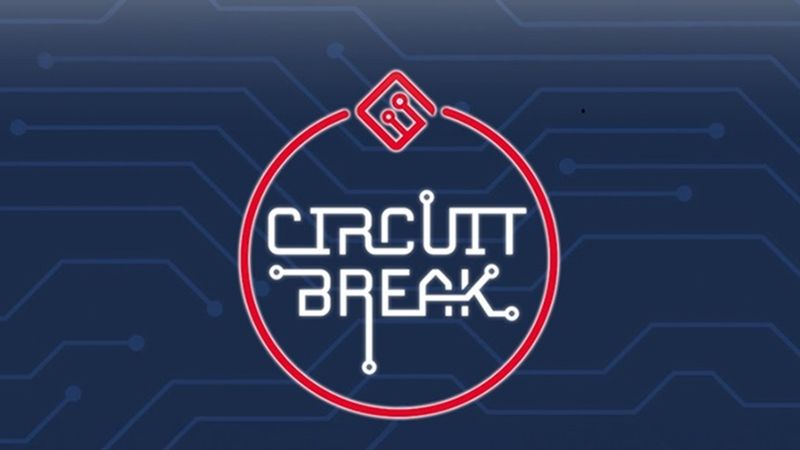For Electronics Engineers: Top 10 Circuit Break Podcast Shows
Need something new to listen to? Try these 10 Circuit Break Podcasts.
This article was first published on
www.macrofab.comStaying up-to-date with the latest electronics engineering trends, design insights, and project innovations is crucial for engineers and serious hobbyists alike. That's where the "Circuit Break" podcast steps in as your indispensable resource.
Hosted by Parker Dillmann and Stephen Kraig, seasoned electrical engineers in manufacturing and electronic design, Circuit Break explores all aspects of electrical engineering, from groundbreaking technologies to practical design tips. Whether you're troubleshooting your latest project or exploring new horizons in your career, each episode will ignite your curiosity and enhance your expertise.
As a welcome to our community of listeners, we've curated a top 10 list of our podcast episodes. Every selection here represents our mission: to educate, inspire, and entertain electrical engineers at every stage of their journey.
Enjoy these handpicked episodes designed to spark your imagination and fuel your passion for electronics. They are not in any particular order, so enjoy them however you like.
Bill Herd - Back Into the Storm
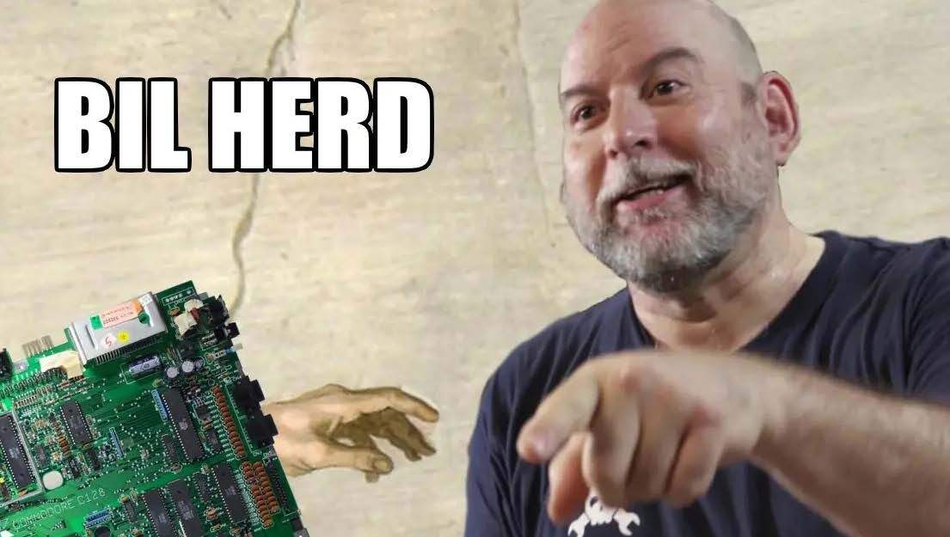
Bil Herd, one of the early engineers of Home Computers, takes part in a podcast episode entitled Back Into the Storm. The conversation takes an intriguing turn toward the intricacies of Design for Manufacturability (DFM) and the assembly process, drawing from Bil Herd's rich history of designing the Commodore C128 during the era of through-hole components.
The episode investigates the transformative impact of the advent of Surface Mount Technology (SMT) on electronic design, comparing and contrasting it with the traditional through-hole method that dominated earlier periods. Bil Herd shares his insights on why through-hole components are still relevant today, alongside common pitfalls that modern engineers and designers face when opting for through-hole technology in contemporary projects.
A fascinating discussion emerges around the necessity of "green wire" fixes—quick, manual modifications made to circuit boards during the development phase—and their prevalence in the production of past and present electronic devices.
This episode of Circuit Break not only enlightens listeners with historical perspectives but also equips them with practical knowledge on navigating the challenges of DFM and assembly in today's fast-evolving technological landscape. It’s a must-listen for anyone interested in the art and science behind creating durable, efficient, and manufacturable electronic designs.
CHIPS Can't Dip
In an enlightening episode, David Schild, Executive Director of the Printed Circuit Board Association of America (PCBAA), shares his expertise on the crucial role of public policy in supporting the U.S. microelectronics industry.
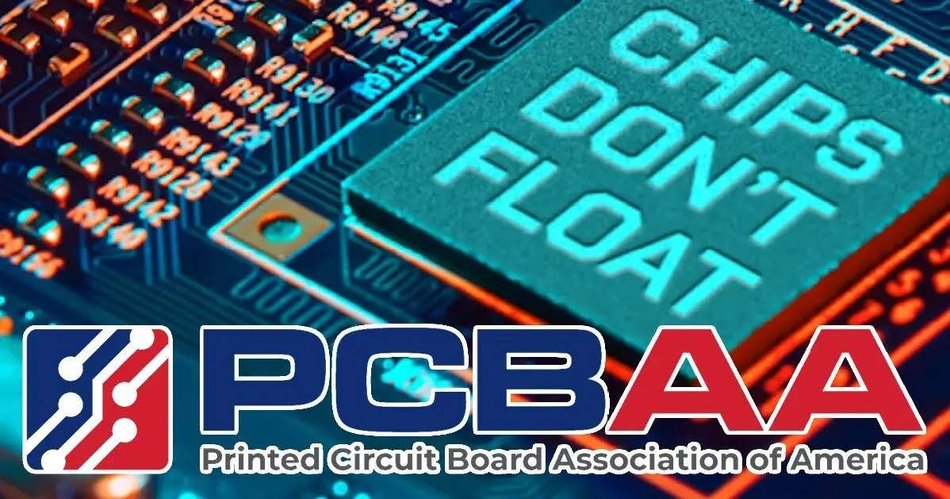
With over 20 years of experience in political involvement and advocacy, Schild discusses the significance of the CHIPS Act and the PCBS Act in addressing challenges like globalization and the need for reshoring manufacturing to ensure a resilient supply chain. He emphasizes the CHIPS Act's strategic importance, with its $52 billion funding aimed at revitalizing American manufacturing and the necessity of aligning private investment with public initiatives to foster innovation and production within the country. The conversation underscores the imperative of making PCB production a national priority, suggesting that while current legislative efforts are commendable, a more comprehensive approach is required to fully leverage America's potential in inventing and manufacturing critical technologies. Listen to CHIPS Can’t Dip now.
Mislabeled Levels of Hell
This episode dives into the unique intersection of engineering and summer fun with a discussion on the feasibility of cooking food using a car’s engine, aptly titled “Manifold Destiny: Cooking on a Car Engine.” This episode explores the intriguing idea of turning your car into a BBQ, noting that exhaust pipes can reach temperatures up to 1200°F–hot enough to cook an egg–and looks at how stainless steel changes color when it’s heated, which is important for cooking on the go.
In addition, Stephen shares a project update on his CNC (computer numerical control) endeavors, providing listeners with useful tips on how to use electrical tape properly, maintain tidy wiring, and the benefits of upgrading to a larger 3D printer for expanded project capabilities.
Additionally, it humorously addresses a universal frustration that you may not expect: the chaos caused by misplaced hardware and fasteners at stores. Listen to Mislabeled Levels of Hell now.
Product of Many Imaginations
This episode features MacroFab’s own Misha Govshteyn and Chris Church as they join hosts Parker and Stephen to dissect the complexities of supply chains, digital manufacturing, and the shift toward nearshoring and reshoring. Using their extensive experience, which was highlighted in their previous podcast appearances, they examine the importance of digital manufacturing, its impact on the industry, the success of various business models, and how investments drive innovation and expansion within the industry.
This discussion extends to the practical considerations and enthusiasm surrounding reshoring, questioning the depth of the industry’s commitment to bringing manufacturing back home.
The episode also offers a reflective journey through MacroFab’s history, from its inception to its strategic pivots and future aspirations, encapsulated by Chris Church’s “Rules for Start-Up Names.”
As the conversation unfolds, it reveals the challenges and opportunities that lie ahead for MacroFab, including the move to new headquarters, underscoring the company’s resilience and adaptive strategies as the manufacturing and technology landscape evolves. The Product of Many Imaginations episode not only provides a glimpse into the inner workings of MacroFab but also ignites a dialogue on manufacturing in the 21st century.
IdeaFab - Does This Podcast Change The World?
This is the 3rd collaboration between the Ideatank podcast and Circuit Break podcast where Scott Hansen and Eric Benzenhoefer are idea men who, not humbly, seek to change the world through sharing their million-dollar ideas, but humbly, seek to make podcast episodes talking about their ideas.
The Does This Podcast Change the World episode covers a variety of innovative proposals, from Eric’s vision of perfect feedback rating systems to Scott’s bold ambition of sending people into space, demonstrating that there are a wide range of ideas out there, from practical to futuristic.
Stephen also introduces “The College of Above Average Joes,” aiming to redefine education, while Parker presents “The Otter-Matic 2000” and “Friendcoin,” blending technology with social connectivity. Each idea, unique in its own right, sparks discussions about feasibility, impact, and change potential.
Rogue Gerbers – Jerry McDaniel of Customer Care at MacroFab

In this episode, we spotlight Jerry McDaniel, a seasoned veteran at MacroFab. As the current Director of Care, Jerry brings a wealth of experience from his previous roles, including a pivotal stint as the CTO/CFO of Litigation Records Services in Texas, where he managed litigation records for attorneys on both sides of the courtroom. Additionally, his extensive background in application support at Presensoft Inc. for nearly 11 years has honed his expertise in handling complex customer service scenarios.
The Rogue Gerbers episode follows the philosophy and practices behind customer success at MacroFab. Jerry shares invaluable insights on understanding customer behavior, offering practical advice to engineers on how to anticipate and meet client needs effectively. He emphasizes the importance of empathy, proactive communication, and the ability to adapt to each customer’s unique requirements.
One of the highlights of the discussion is Jerry’s recounting of the weirdest customer interaction he’s ever experienced, providing a light-hearted glimpse into the unpredictable world of customer service. Through his stories and advice, listeners gain a comprehensive view of what it takes to excel in customer success, especially in the tech and engineering sectors.
This episode is not just a look into Jerry McDaniel’s impressive career but also a masterclass in cultivating meaningful and successful customer relationships.
Your Toaster is Toast
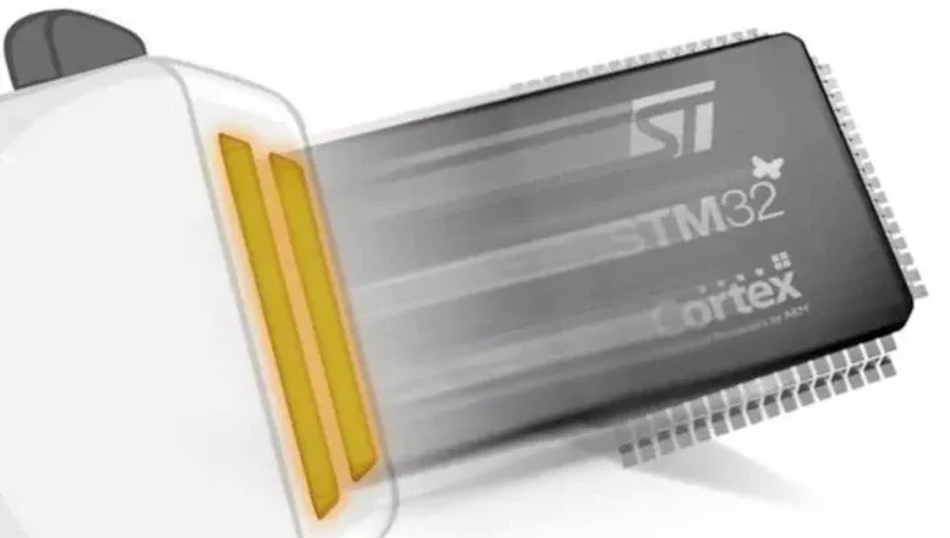
Part shortages and obsolescence got you down? Parker and Stephen have some tips and tricks to help your design stay ahead of the end-of-life (EOL) game.
Your Toaster is Toast unpacks how many engineers and product designers now face abrupt end-of-life situations without warning. The discussion reveals how foundries, overwhelmed with demand, are now booked years in advance, prioritizing their most profitable lines and fulfilling long-standing orders. This situation is exacerbated by the fact that new semiconductor fabrication plants are not investing in outdated wafer equipment, choosing instead to produce newer parts
Hyperspace Part Packages
Delve into a nuanced debate of whether the electronics industry should shift from the traditional ‘pin one’ marking to a more inclusive ‘indicator mark’ convention for component labeling. This discussion explores the potential benefits and implications of such a change, emphasizing the need for clarity and uniformity in component identification, particularly as it pertains to enhancing the manufacturing process and minimizing errors in assembly.
Hyperspace Part Packages covers the importance of component marking from a manufacturer’s perspective, debating the placement of indicator marks both inside and outside the footprint, the utility of including diode symbols directly on the board for clarity, and the use of vias and numbering for precise marking. Parker and Stephen advocate for designers to “own” their designs and the importance of being prepared to support them, highlighting the critical role of detailed and accurate documentation to be successful in electronic product design.
Datasheet Lore
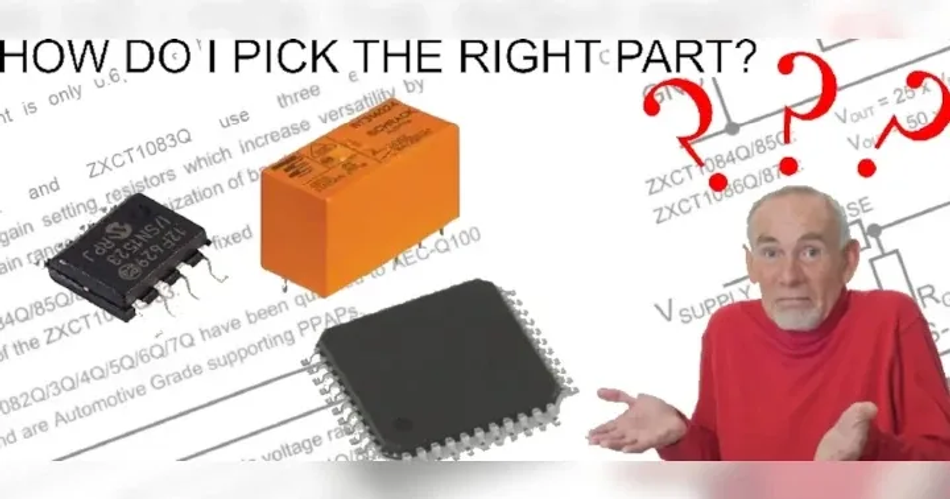
Find out what’s hidden in component datasheets and how they influence the selection of electrical components for design projects.
Datasheet Lore explores risk management and the strategic considerations behind part selection, giving listeners an inside look at the mind of an experienced engineer navigating the vast sea of electronic components. Parker and Stephen share their approaches to picking parts for a design, emphasizing the importance of balancing performance specifications, cost, availability, and compatibility with the broader system architecture.
Chickens and Tea Leaves, Al’s Simulation Recipe
Al Williams, a figure synonymous with the Hackaday community, and an expert whose extensive experience ranges from underwater explorations to contributions to the International Space Station, returns for the fourth time on the podcast to discuss the pivotal role circuit simulation plays in engineering. The author of numerous books on technology and electronics, as well as a ham radio operator, Williams shares his insights.
The conversation kicks off with Williams’ perspective on the value of circuit simulation in both analog and digital circuits, underscoring its significance in validating designs, predicting system behaviors, and identifying potential issues before physical prototypes are developed. The discussion navigates through various simulation software, from the widely used LTSpice to specialized tools like Xyce from Sandia, TINA from Texas Instruments, KiCad’s integrated spice, Microcap 12, EasyEDA, and the educational FALSTAD simulator.
The episode discusses situations where simulated or logical performance diverges from real-world behavior, emphasizing the need to understand the limitations and assumptions underlying simulation models. Through this discussion, Williams, Stephen, and Parker illuminate the crucial balance between theoretical simulation and empirical testing, offering listeners a comprehensive view of how simulation tools can augment the engineering design process, reduce development time and costs, and foster a deeper understanding of electronic systems. Listen to Chickens and Tea Leaves now.
Want More Podcast Episodes?
Each week, Parker and Stephen explore topics in engineering and hardware with guests, DIY electronic devices, and industry news.
